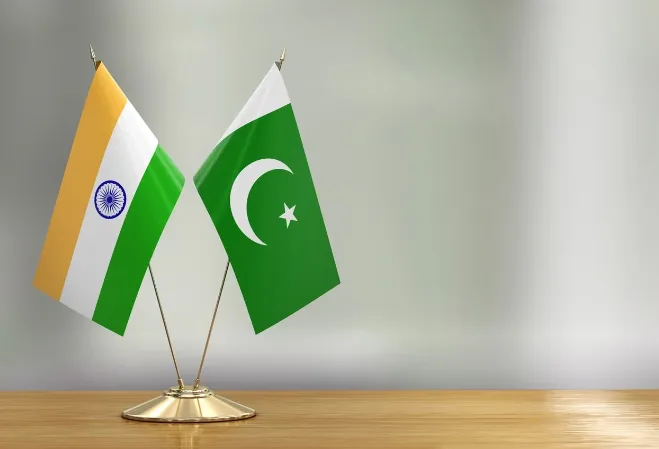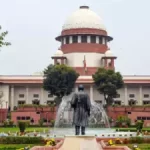NEW DELHI: In a stark warning that confirms growing concerns within the Indian security establishment, a senior Nepalese government advisor has raised alarms over the potential for Pakistan-based terrorist groups to exploit Nepal’s geographical positioning to launch attacks on India.
Sunil Bahadur Thapa, Principal Political Advisor to Nepal’s President and former Minister of Industry, made the statement during a seminar on regional peace and security in South Asia in Kathmandu. He highlighted the risks posed by Pakistan-based terrorist organizations such as Lashkar-e-Taiba (LeT) and Jaish-e-Mohammed (JeM), both of which are designated as terrorist groups by the United Nations. According to Thapa, these groups could use Nepal as a transit route to carry out their attacks on India.
Thapa’s warning echoed past incidents that demonstrated Nepal’s vulnerability to terrorism, including the infamous hijacking of Indian Airlines Flight IC-814 from Kathmandu. Pakistani terror groups have previously exploited Nepal as a transit point for infiltrating India. A prominent example is the 2013 arrest of Abdul Karim Tunda, a senior LeT operative, who was captured on the India-Nepal border. Additionally, the case of Mirza Dilshad Beg, a Nepali-Indian parliamentarian with connections to Dawood Ibrahim’s D-Company and the ISI, was cited as another indication of the growing security concerns.
Notably, Yasin Bhatkal, co-founder of the Indian Mujahideen, was arrested by Nepalese police in 2013 and handed over to Indian authorities. More recently, in April 2024, two Pakistani nationals—Mohammed Altaf Bhat and Sayyed Gajanfar—along with their associate Nasir Ali, were arrested near the Nepal border by Uttar Pradesh’s Anti-Terrorist Squad (ATS).
Other troubling developments included a targeted attack in Pahalgam, Kashmir, in April 2024, where a Nepalese citizen, identified for their Hindu faith, was among the victims of a jihadi assault.
The seminar, organized by the Nepal Institute for International Cooperation & Engagement, brought together experts, policymakers, and former officials to discuss the growing threat of terrorism in the region. Speakers underscored the wide-reaching consequences of terrorism, including economic damage and the disruption of regional integration. The importance of international cooperation in combating terrorism was emphasized, particularly the need for enhanced intelligence sharing and joint border patrols between India and Nepal.
Prominent participants at the seminar included Thapa, former Nepalese Defence Minister Minendra Rijal, Member of Parliament Chanda Chaudhary, former Foreign Minister N P Saud, former diplomat Dinesh Bhattarai, and Purna Silwal, a former Major General of the Nepal Army, among others.






